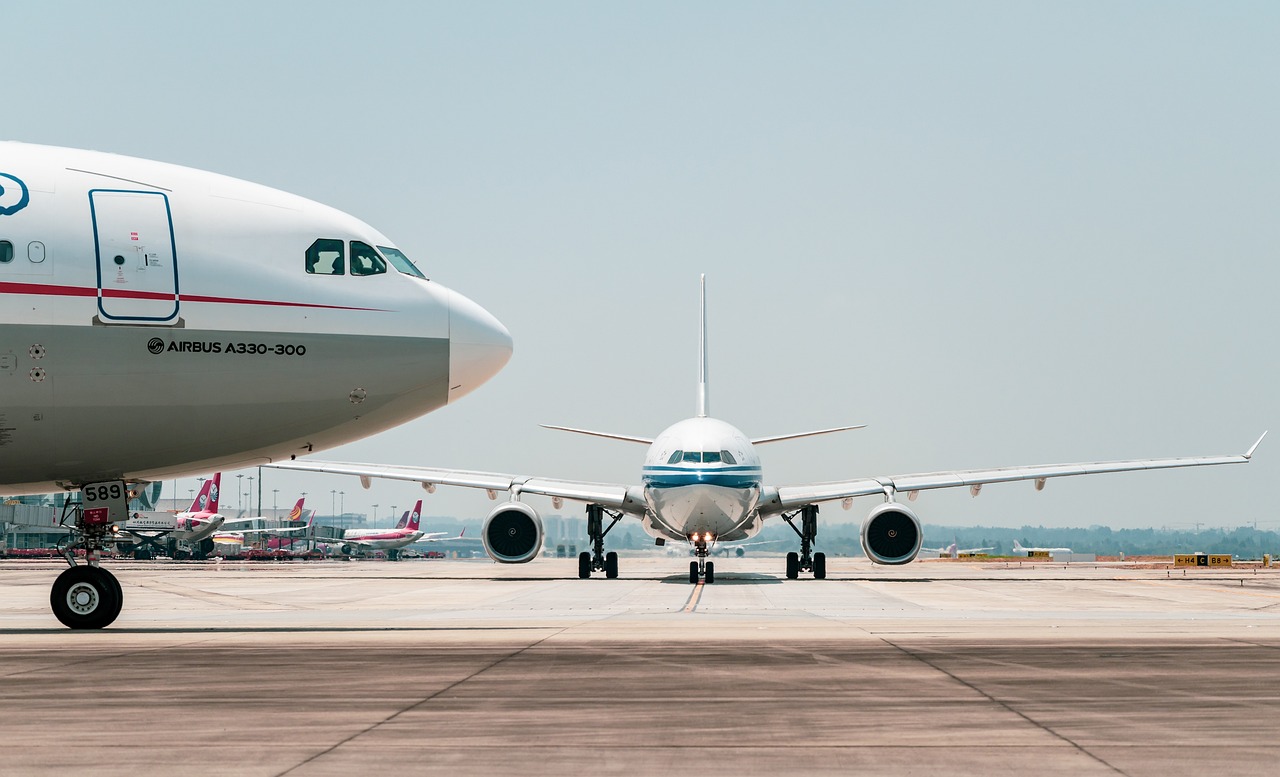The CBN Report Exposes Massive Withdrawals and Unpaid Debts
Foreign airlines operating in Nigeria have withdrawn a staggering ₦795.48 billion in the first half of 2023, as per the recent Balance of Payment compilation report by the Central Bank of Nigeria (CBN).
This alarming revelation has sent shockwaves through the aviation sector, shedding light on a crisis exacerbated by outstanding debts and inadequate repayments from the government.
In this article, we’ll delve into the details of the report, explore the impact on the industry, and discuss recent attempts to address the looming crisis.
Foreign Airlines’ Massive Withdrawals
The CBN report highlights that foreign airlines repatriated $1.76 billion (₦795.48 billion at the exchange rate of ₦451/$) during the first and second quarters of 2023.
The Balance of Payment account received a total credit of $19.39 million (₦8.75 billion) from airline travel. However, the expenditure side of the report reveals that passengers spent ₦779.61 billion on tickets, while cargo and other expenses amounted to $10.22 billion and ₦5.65 billion, respectively.
The Aviation Sector is in Crisis
Despite the substantial repatriated amount, the crisis in the aviation sector persists, with foreign airlines expressing dissatisfaction over the government’s failure to settle outstanding debts.
According to the International Air Transport Association (IATA), Nigeria leads the chart in terms of airlines’ blocked funds, with $792 million, followed by Egypt ($348 million), Algeria ($199 million), the AFI zone ($183 million), and Ethiopia ($128 million).
In an attempt to address the issue, the Federal Government recently released $61 million to foreign airlines, a move criticized by the airlines as grossly inadequate.
Outstanding Debts and Operational Impact
As of July 2022, foreign airlines had approximately $464 million trapped in Nigeria. Shockingly, by November 2023, around 90% of the $783 million owed remained unpaid, and this figure has surged to nearly $800 million as of January 2024.
This failure to settle debts resulted in the suspension of operations by two major airlines, Emirates and Etihad, leading to a significant 20% decline in international passenger traffic for the country.
NCAA’s Debt Recovery Drive: In response to the growing debt crisis, the Nigeria Civil Aviation Authority (NCAA) has implemented a ‘no pay, no service’ sanction on defaulting airlines.
Acting Director General Chris Najomo emphasized the need for strict measures against debtors, announcing the establishment of a debt recovery Joint Task Force. He also highlighted the agency’s awareness of private jet operators engaging in commercial flights without proper licenses, expressing determination to crack down on such activities.
Regulatory Measures by the NCAA
Najomo, in a bid to strengthen regulatory measures, declared that private jets operating commercially without proper licenses would face license revocation. He clarified that the NCAA’s headquarters would remain in Abuja, dispelling rumors of relocation to Lagos.
Emphasizing the importance of adhering to regulatory frameworks, Najomo stated that only holders of Air Transport Licence (ATL) and Airline Operating Permit (AOP) with valid Air Operator Certificates (AOC) could conduct charter operations.
Concerns and Future Plans
The aviation industry faces challenges not only from outstanding debts but also from illicit activities. Najomo underscored the need for compliance with safety regulations, pointing to the illegal operations of Flint Aero aircraft, which crashed in November 2023.
He assured the public that the NCAA would intensify efforts to enforce consumer protection regulations, ensuring timely care for passengers and upholding their rights.
Conclusion
The aviation sector in Nigeria is at a critical juncture, grappling with massive foreign withdrawals, unpaid debts, and regulatory challenges. The government’s attempts to address the crisis have fallen short of industry expectations, leading to operational suspensions by major airlines.
The NCAA’s debt recovery drive and regulatory measures aim to restore financial stability and ensure compliance. However, the road ahead remains uncertain, and the industry’s resilience will be tested as it seeks to overcome these pressing challenges.
